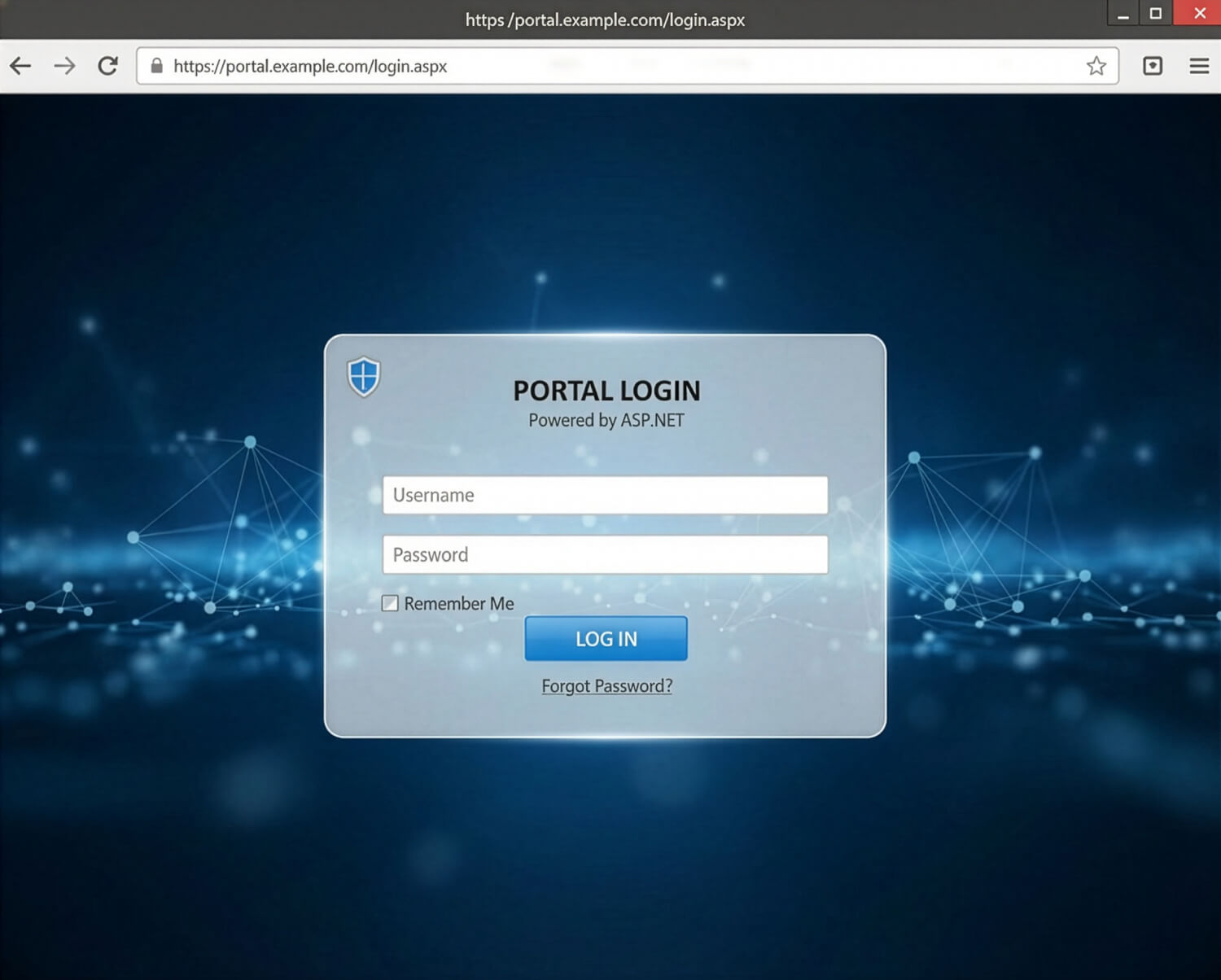ASP.NET
ASP.NET is a Microsoft web development framework used to build dynamic websites, web applications, and web services. It is part of the broader .NET platform and lets developers create web-based applications using languages such as C#, Visual Basic, and F#.
Developers typically build ASP.NET applications using Visual Studio or VS Code. These tools help them write source code, design user interfaces, and debug applications as they work. Instead of relying on drag-and-drop tools, most ASP.NET projects use structured code and reusable templates, while still giving developers fine-tuned control over how a site works and performs.
For example, a developer might use ASP.NET to build an online account portal where users can sign in, view data from a database, submit forms, and see personalized content — all updated instantly without reloading the entire page.
Programming Models
ASP.NET includes several programming models, such as ASP.NET Core, MVC (Model-View-Controller), Razor Pages, Web API, and Blazor. Some models work well for traditional websites, while others are better for building RESTful APIs or interactive single-page applications. ASP.NET Core is the modern version of the framework. It is open source, faster than earlier versions, and designed to work well with cloud-based applications.
Applications
ASP.NET applications run on the .NET runtime, which provides a large class library along with built-in security features. Unlike older versions, ASP.NET Core is cross-platform, so developers can build applications for Windows, macOS, or Linux.
To make an ASP.NET application available online, developers deploy it to a web server that supports the .NET runtime. Windows servers commonly run Internet Information Services (IIS), but ASP.NET Core applications also run on Linux servers using Apache, Kestrel, or Nginx. It has become increasingly common to host ASP.NET applications in the cloud using platforms like Microsoft Azure.

 Test Your Knowledge
Test Your Knowledge